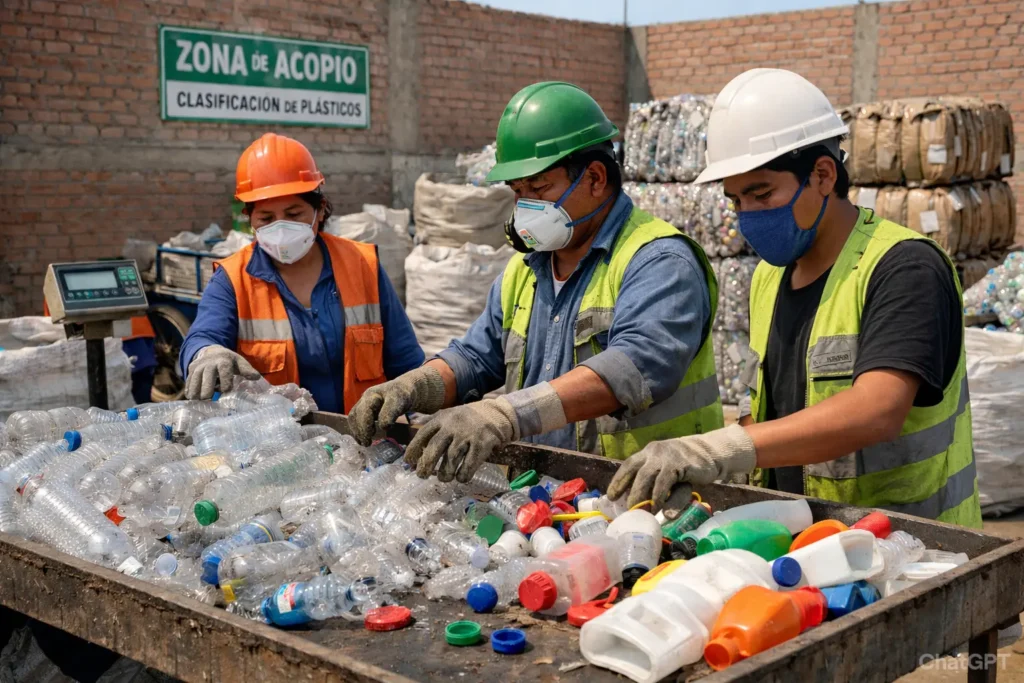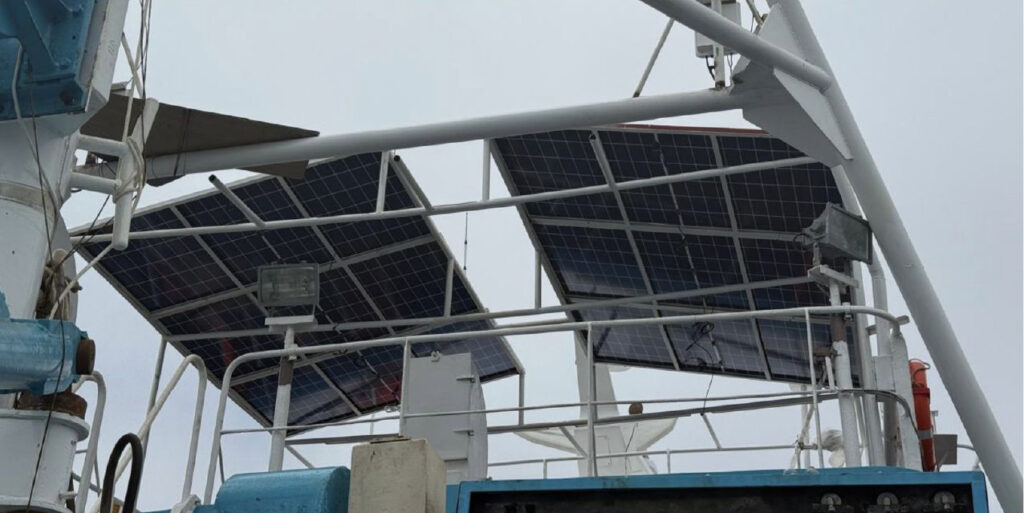The Ferreycorp corporation and its companies Ferreyros and Soltrak signed a Clean Production Agreement with the Ministry of the Environment, the first in the machinery sector in our country.
This agreement aims to manage waste and materials with a circular economy approach, including avoiding the generation of more than 1,000 tons of scrap in one year thanks to the rebuilding of Caterpillar machines.
Ferreyros commits to avoid the generation of 1,290 tons of scrap metal through the reconstruction of its facilities.overhaul of various Caterpillar machines, including giant shovels and other machines used in mining and construction, and the recovery of components, within one year.
Thus, equipment is given a new life or its use is extended, reducing the amount of waste generated by end-of-life machinery.
In addition, Ferreyros will reuse the timber from the pallets which it uses at its main workshop headquarters in Lima and at its main logistics location, the Spare Parts Distribution Center, through a system of reuse of spare parts.
"Our work is not limited to delivering new units, but has always been characterized by the repair and reconstruction of components and machinery, i.e., we are managers of the circular economy, thus reducing the consumption of materials. In addition, we manage our carbon and water footprint and purchase clean energy in our operations. This Clean Production Agreement with the Ministry of the Environment allows us to take on a new commitment and set new goals to which we will dedicate our greatest energy".he emphasized Mariela García de Fabbri, general manager of Ferreycorp.
As part of the agreement, Ferreycorp will offer training to its more than 7,000 workers in environmental matters, as it had been doing prior to the signing of the agreement, including solid waste management and circular economy.
It will also support and promote a local government's source segregation and solid waste collection program, and will publicize the environmental benefits of reconstruction.
Eco-efficiency in the use of packaging will be the focus of the goal of Soltrak, a specialist in industrial safety, lubricants, tires and related services. Soltrak will conduct a study on the quantity and material used for product packaging, in order to define and implement a concrete action for improvement that contributes to environmental efficiency.
Importance of LPAs for the environment
The Clean Production Agreements (APL) are voluntary instruments that promote actions aimed at the reduction and valorization of solid waste, such as the reuse, recycling and circularity of materials, through their recovery and the inclusion of recycled materials in the composition of products, recognizing waste and secondary materials as inputs that can be incorporated into new production processes.
They seek to promote improvements in the production and environmental conditions of companies' processes, through collaboration and alliances focused on the transition to a circular economy and greater eco-efficiency.






